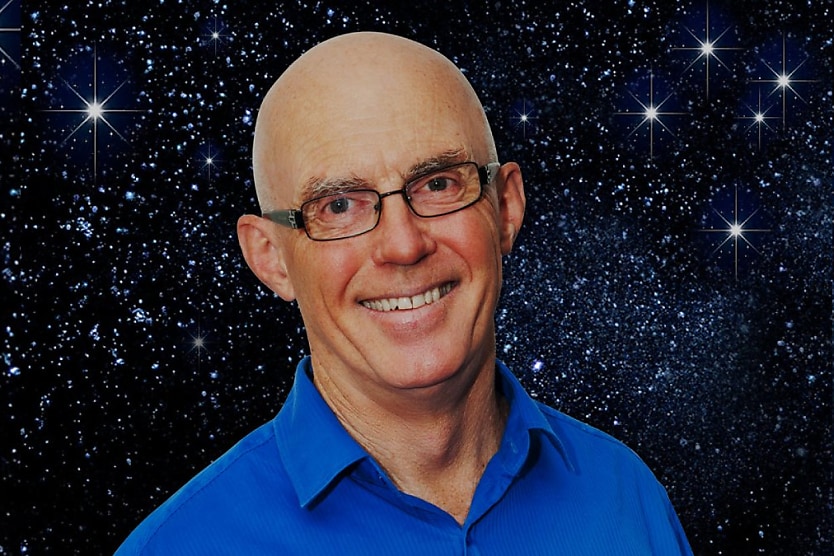The HR Leader in conversation with The Savvy Navigator
SHARE THIS ARTICLE

Lance Scoular, nicknamed The Savvy Navigator, is a social media mentor and the founder of Key Directions. He joined The HR Leader to discuss his journey, how both mentor and mentee can learn from each other, and the benefit of looking outside your industry for help.
Shandel McAuliffe, editor at HR Leader: “How did you get into social media marketing?”
Lance Scoular: “I was introduced to LinkedIn by a student at my importing and exporting course at Mosman Community College. I didn't have a clue what LinkedIn was back then.”
He added: “In September 2008, hearing a speaker talking about Twitter at an Austrade conference in Victoria, I signed up for Twitter, adding it to my social media platforms, Facebook and LinkedIn, which I'd really just got into about that time.”
“Just after Christmas 2008, I looked seriously at social media marketing and bought a little course of PDFs and videos on how to use Twitter. I started promoting my own courses at community colleges using social media, directing people to relevant websites at the various community colleges that I work with. Now, six months later, in June 2009, I had resigned from Austrade with a mission to help small business owners just like me use social media to market their businesses,” said Mr Scoular.
Editor: “You’ve mentioned that mentoring is a collaboration. What do you mean by that?”
Mr Scoular: “It's assumed that the person providing the advice or suggestions is much better qualified than the person below, but not necessarily. I find that when I'm mentoring people, I'm learning from the other person.”
Editor: “How can looking for mentoring outside of your industry help?”
Mr Scoular: “I think that outside your own sector or industry is really important. I can remember there was a hospital in England doing its child heart surgeries, and once the operation was finished, they have to take the person from the room where they're doing the operation to a place where they've got to recover. But it has to be very pristine and they were having problems with picking up germs on the way. So, what they did, they went to Formula One, and watched the pit team changing tyres, putting in petrol, all the things that happened.”
He continued: “So, they took these surgeons there [Formula One], and then went back and said, ‘How can we use that concept into our hospital situation?’ And it worked. That's dramatic, I know, but you can look for a mentor in a totally different industry because they might bring new insights you never thought of before.”
The transcript of this podcast episode, when quoted above, was slightly edited for publishing purposes. The full conversation with Lance Scoular is below.
RELATED TERMS
Mentoring pairs up less experienced workers with more seasoned ones to provide coaching, training, and development. This can be done informally or formally, with meetings and quantified results.
Jack Campbell
Jack is the editor at HR Leader.

